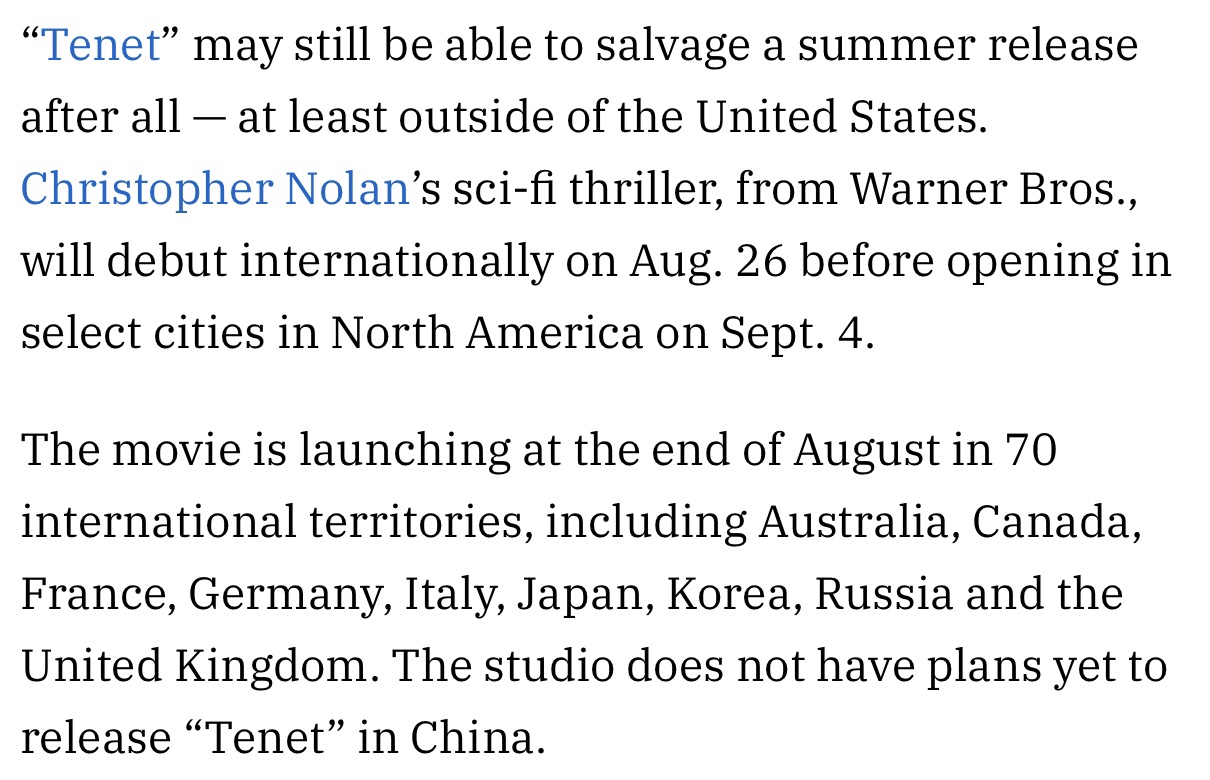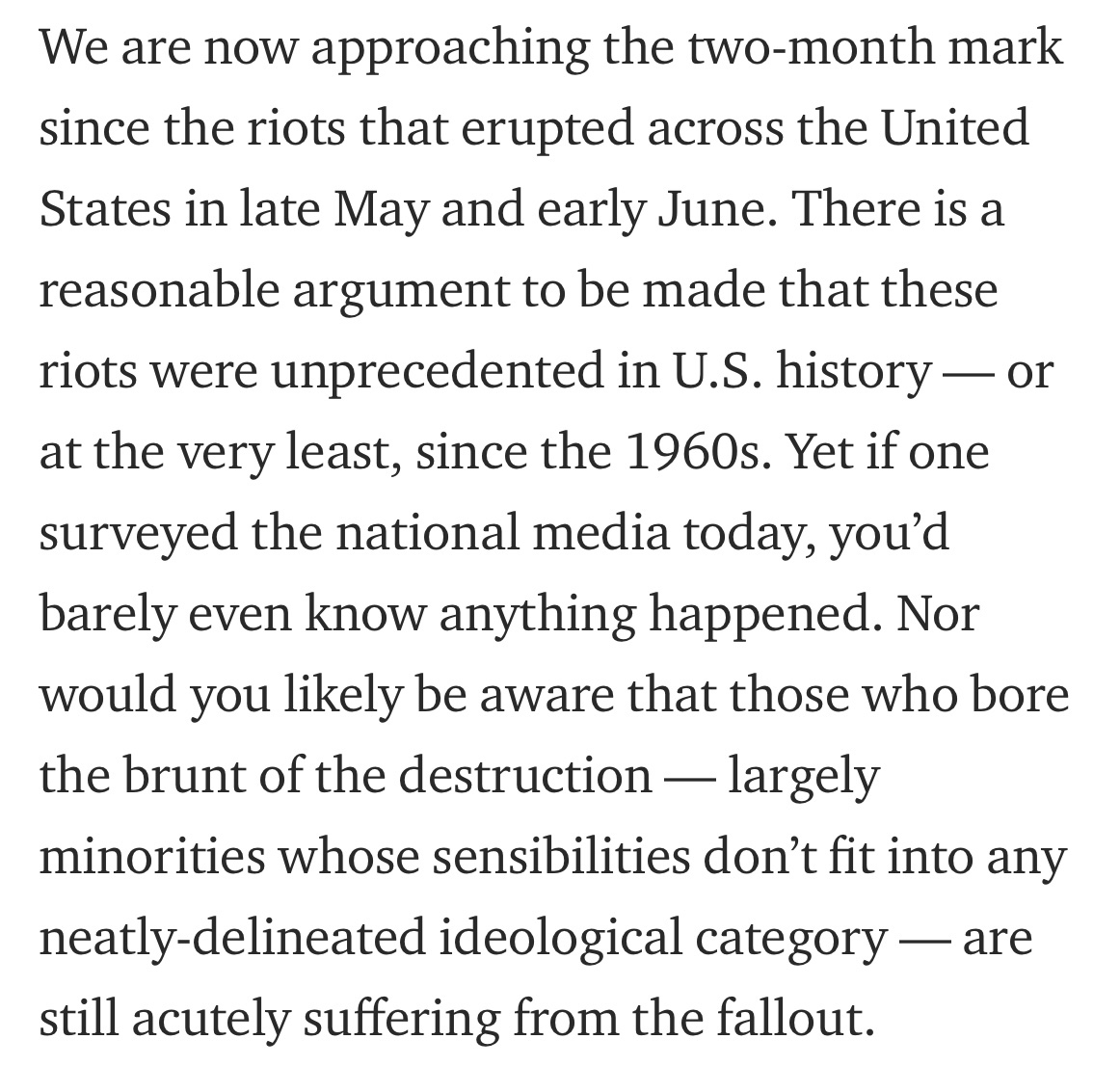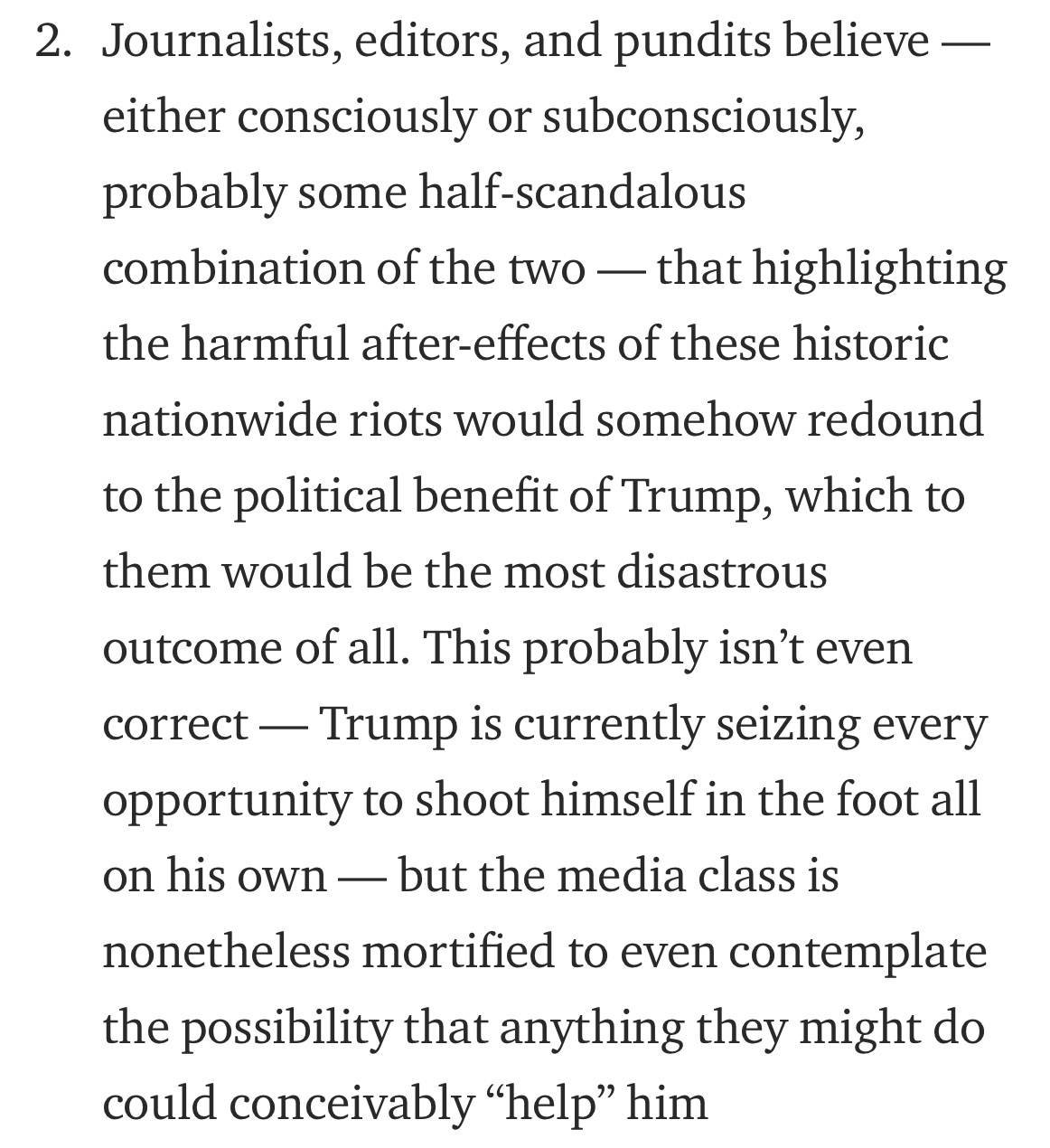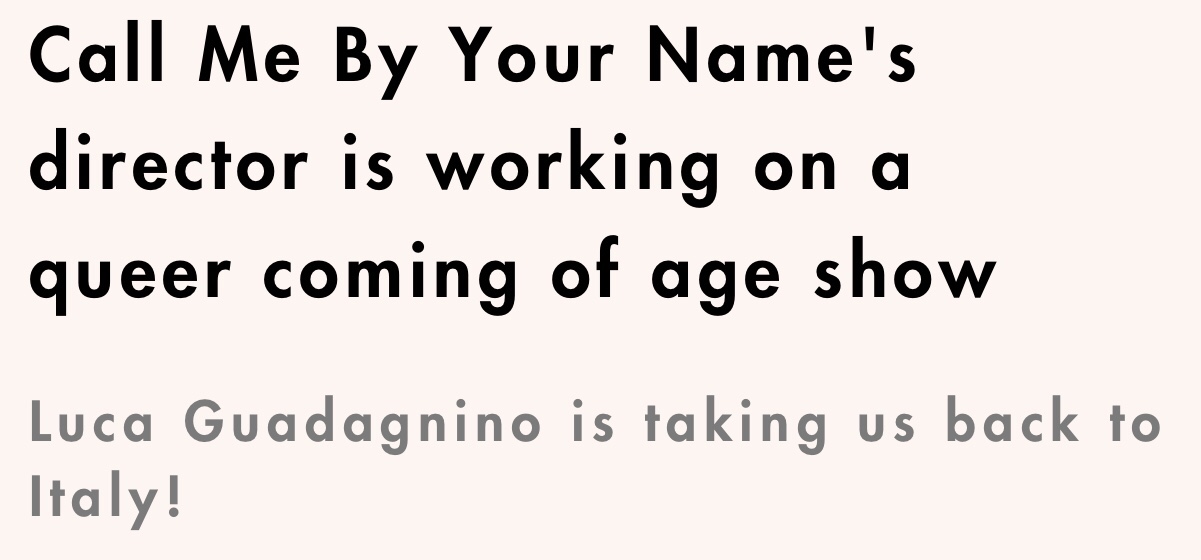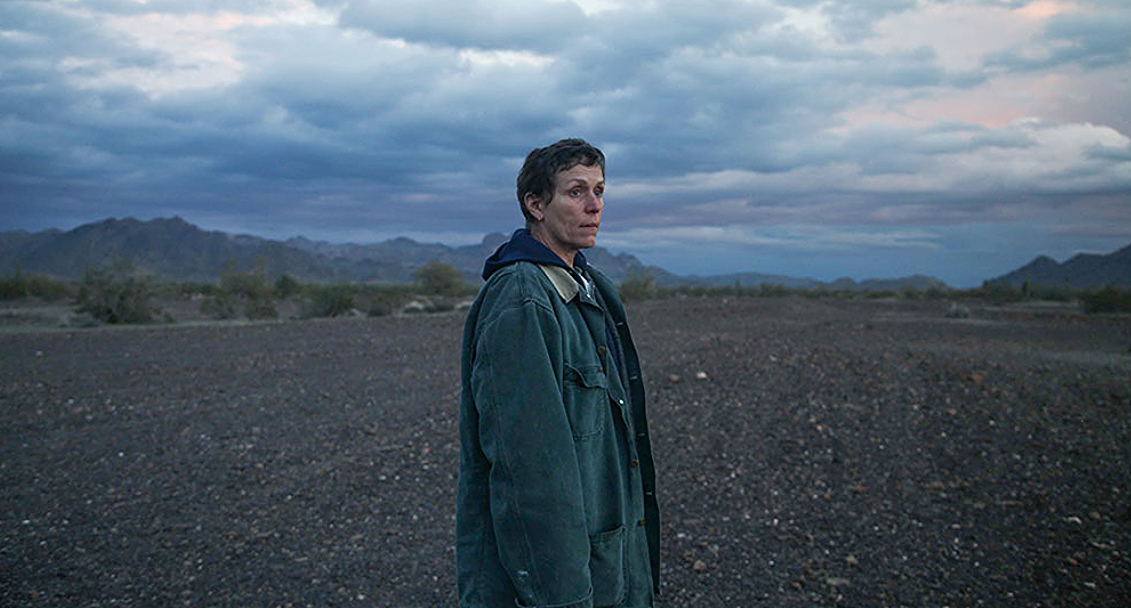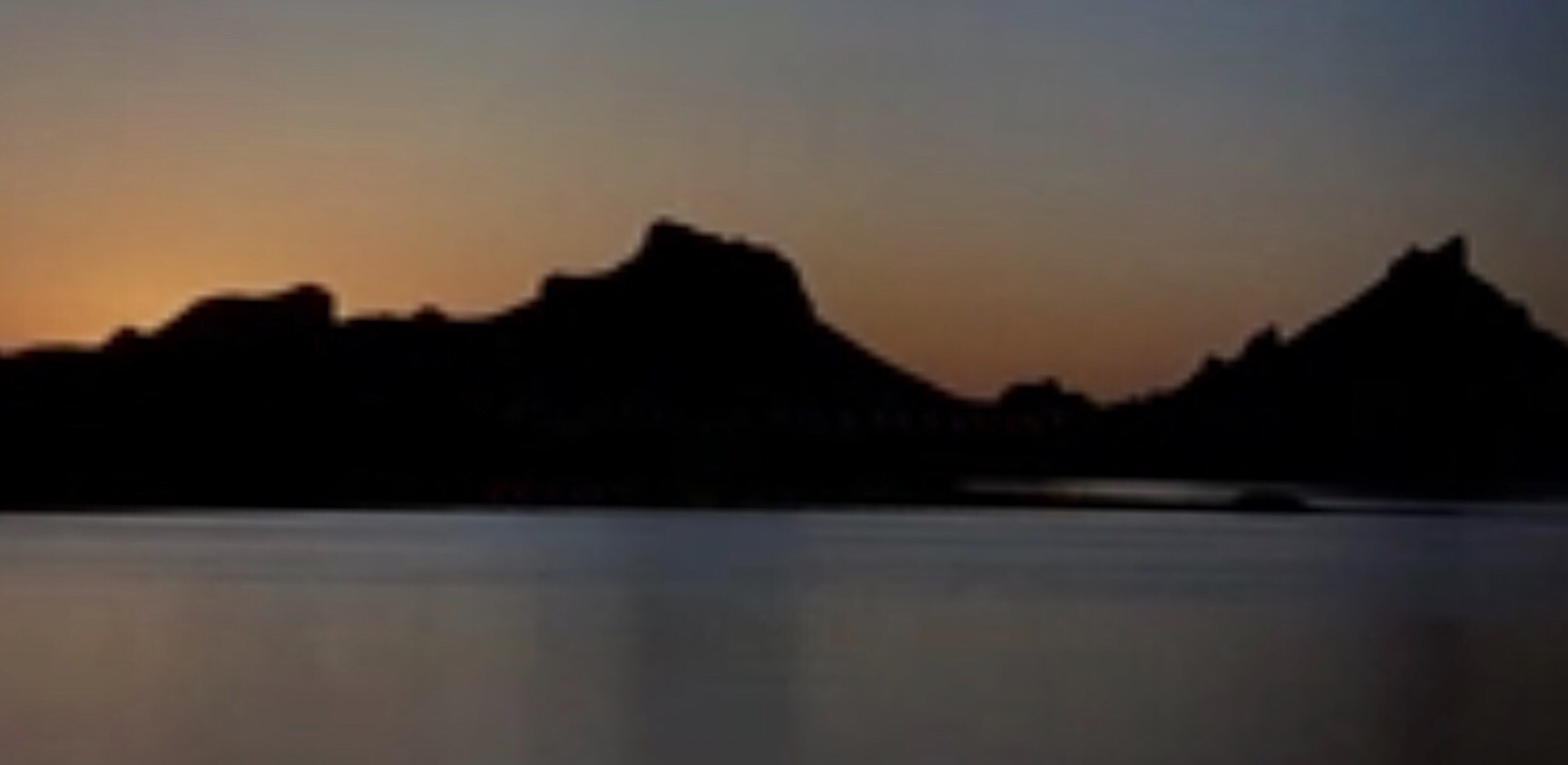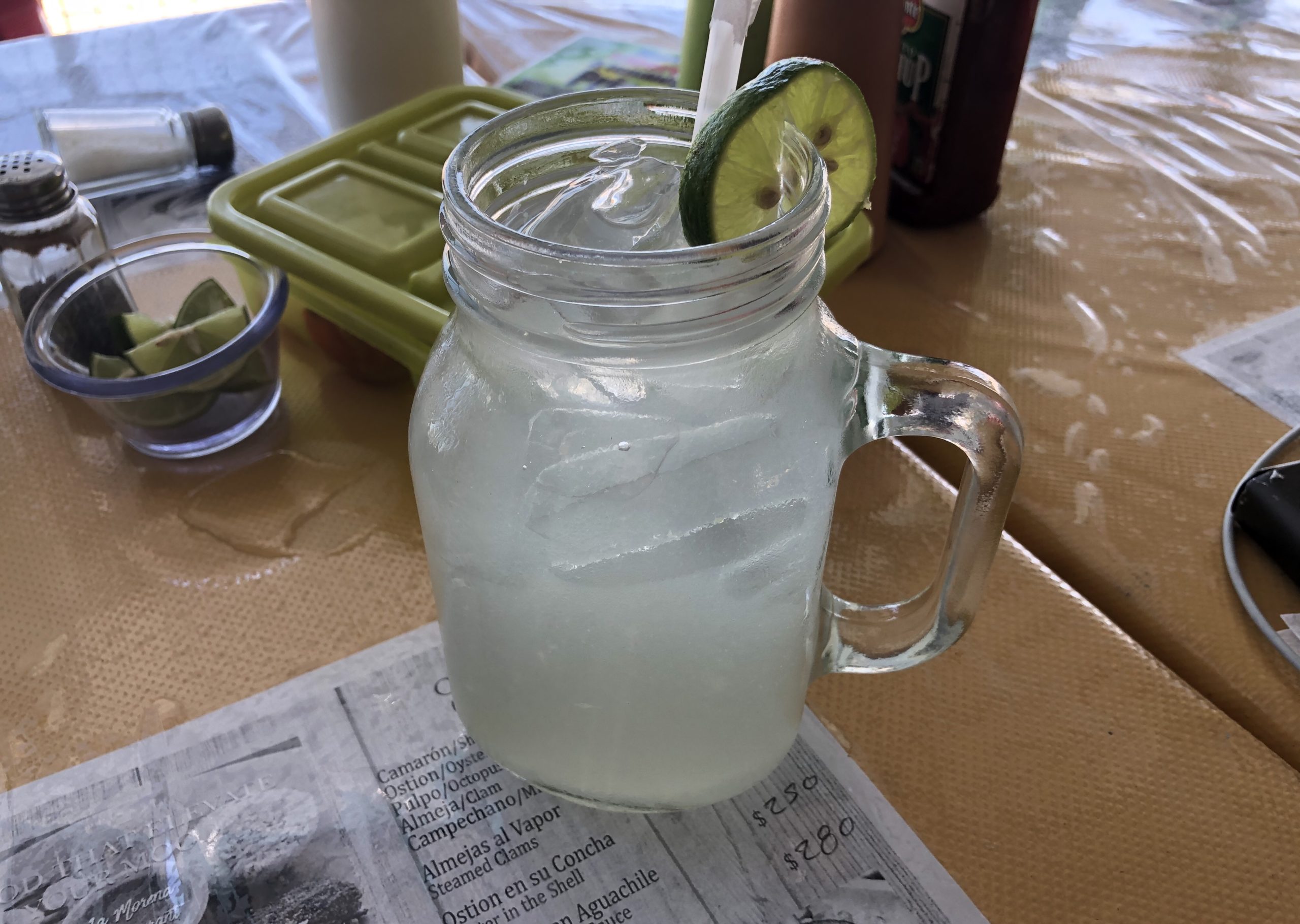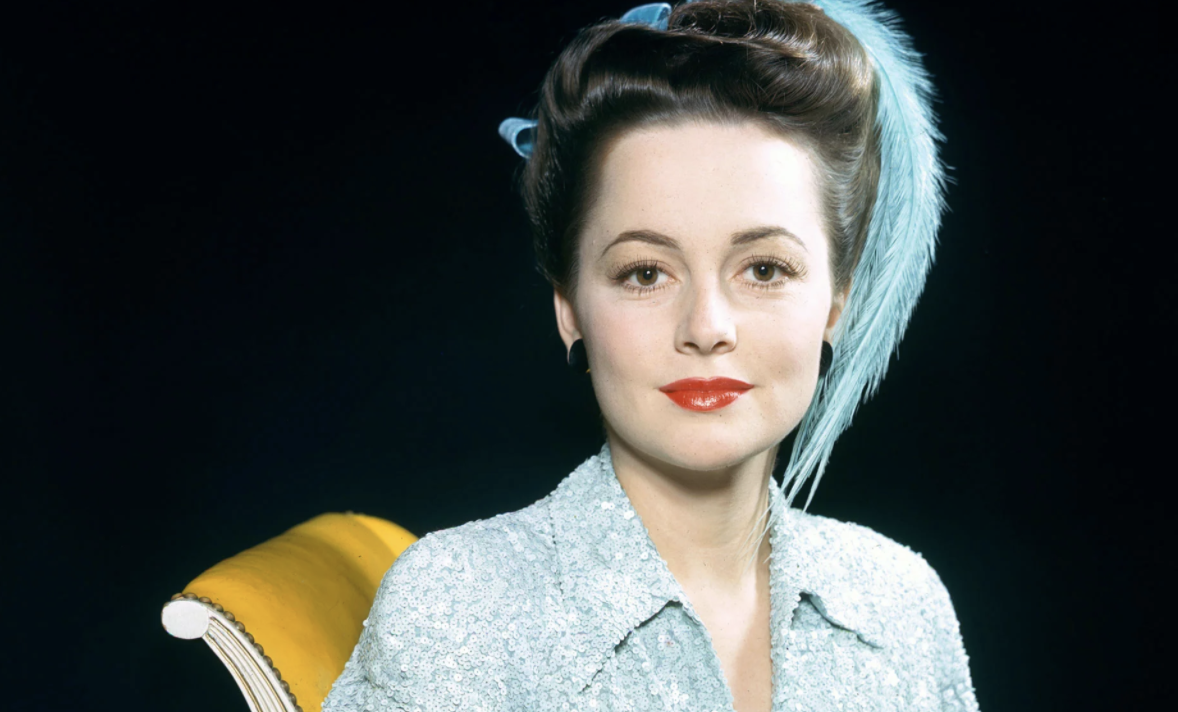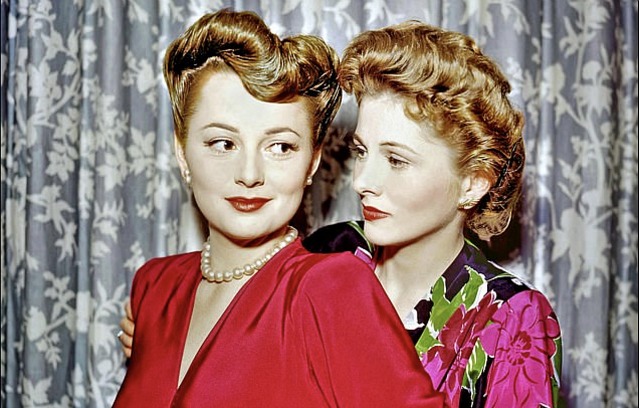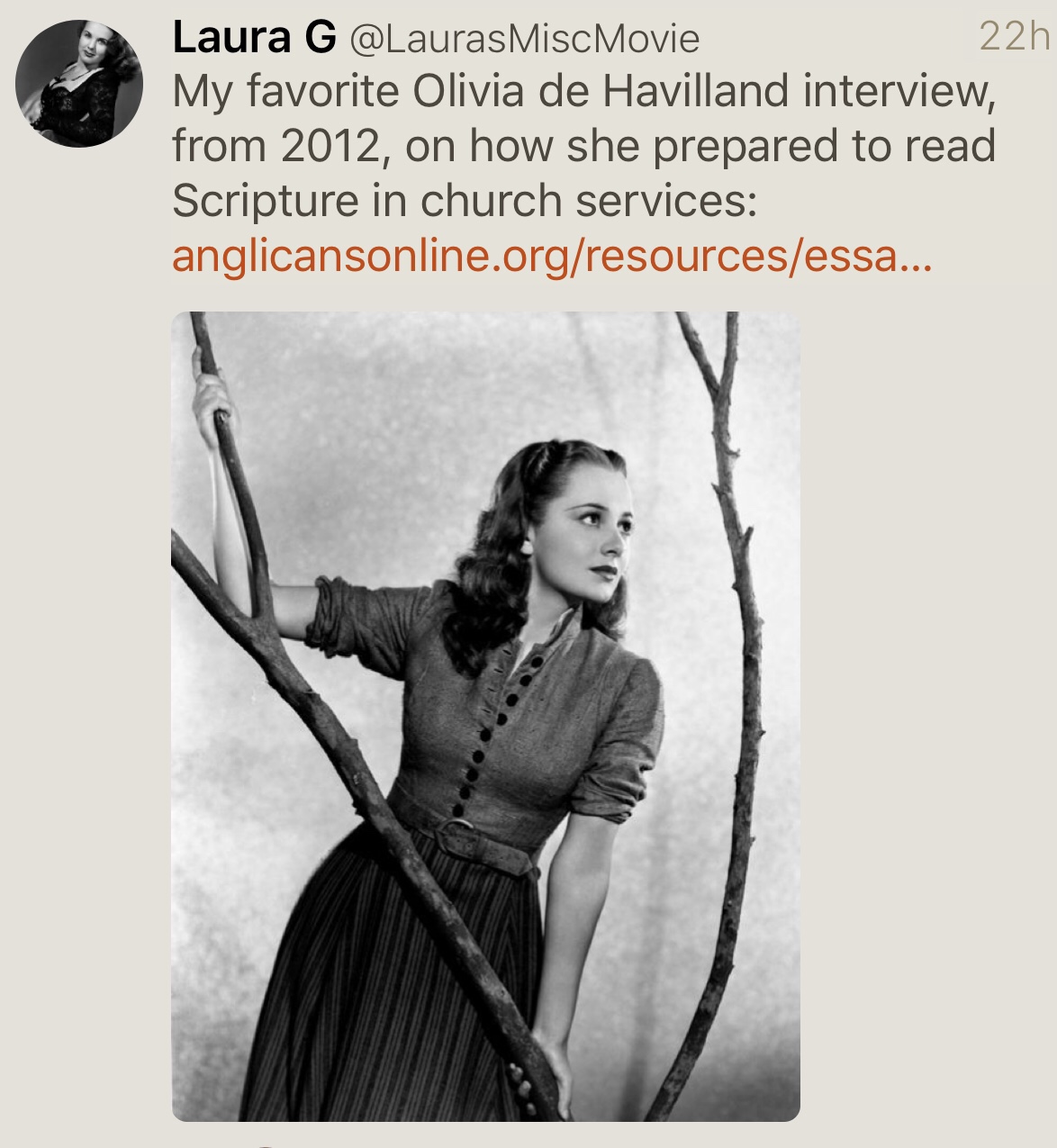Who’s kidding whom? At best HE dabbles in broadcast/cable/streaming. In a word, I’m a dilletante. Meaning that I see what I have time for, but (a) don’t push me and (b) I tend to avoid comedies. I’m basically a movie, Bluray and 4K streaming guy in search of comfort zones. (Remember movies?) I live on Amazon, Netflix, HBO Max, Vudu and Criterion Channel. I’m nonetheless an educated human being with feelings, opinions, passions, etc. And so I decided to post this. Where’s the harm?
HE preferences are in boldface; random comments inserted. All hail Cate Blanchett, Tracey Ullman and the Mrs. America team.
Best Drama Series
“Better Call Saul” (AMC)…sure.
“The Crown” (Netflix)
“The Handmaid’s Tale” (Hulu)…nope.
“Killing Eve” (BBC America/AMC)
“The Mandalorian” (Disney Plus)…no!
“Ozark” (Netflix)
“Stranger Things” (Netflix)
“Succession” (HBO)
Comedy Series
“Curb Your Enthusiasm” (HBO)…HE-styled humor, close to home.
“Dead to Me” (Netflix)
“The Good Place” (NBC)
“Insecure” (HBO)
“The Kominsky Method” (Netflix)
“The Marvelous Mrs. Maisel” (Amazon Prime Video)
“Schitt’s Creek” (Pop TV)
“What We Do in the Shadows” (FX)
Limited Series
“Little Fires Everywhere” (Hulu)
“Mrs. America” (Hulu)…loved this series.
“Unbelievable” (Netflix)
“Unorthodox” (Netflix)
“Watchmen” (HBO)
Lead Actor in a Limited Series or Movie
Jeremy Irons (“Watchmen”)
Hugh Jackman (“Bad Education”)
Paul Mescal (“Normal People”)
Jeremy Pope (“Hollywood”)
Mark Ruffalo (“I Know This Much Is True”)
Lead Actress in a Limited Series or Movie
Cate Blanchett (“Mrs. America”)
Shira Haas (“Unorthodox”)
Regina King (“Watchmen”)
Octavia Spencer (“Self Made”)
Kerry Washington (“Little Fires Everywhere”)





